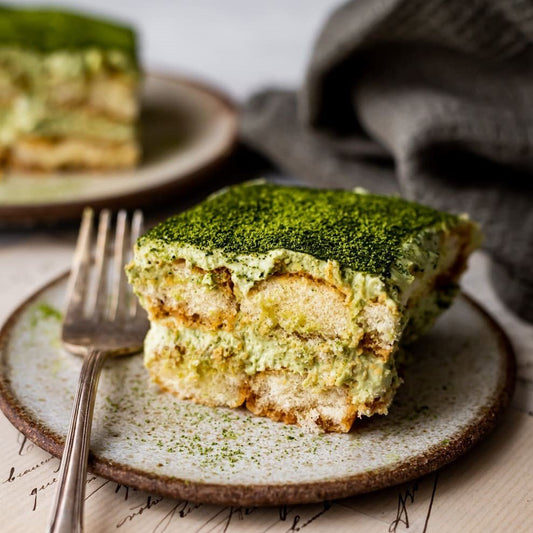In a world increasingly embracing wellness, matcha stands out not just as a trendy beverage, but as a scientifically-backed powerhouse of health benefits. This green tea, with its vivid hue and unique preparation method, goes beyond traditional teas in delivering potent antioxidants. In this exploration, we delve into the scientific intricacies behind matcha's renowned health properties, focusing on its remarkable antioxidant capacity.
What Makes Matcha Unique?
Matcha is a type of green tea, but it's unique in how it’s grown and consumed. Unlike traditional green teas, matcha plants are shaded from the sun for about three weeks before harvest. This process increases chlorophyll levels, giving matcha its vibrant green color, and boosts the production of certain compounds, including antioxidants.
A Closer Look at Antioxidants
Antioxidants are substances that can prevent or slow damage to cells caused by free radicals, unstable molecules that the body produces as a reaction to environmental and other pressures. Antioxidants can neutralize free radicals, thereby protecting the body from oxidative stress linked to aging and various diseases.
The Antioxidant Power of Matcha
Matcha is particularly high in a type of antioxidants called catechins. The most abundant and active catechin in matcha is epigallocatechin gallate (EGCG). EGCG is revered for its health benefits, which include reducing inflammation, aiding in weight management, and potentially reducing the risk of heart disease and certain types of cancer.
Matcha vs. Other Green Teas
What sets matcha apart from other green teas is the fact that you consume the whole leaf in powdered form. This means the concentration of catechins, like EGCG, can be several times higher in matcha compared to steeped green tea. One study found that the concentration of EGCG available from drinking matcha is 137 times greater than the amount of EGCG available from China Green Tips green tea, and at least three times higher than the largest literature value for other green teas.
Other Healthful Compounds in Matcha
Besides catechins, matcha is rich in other compounds like L-Theanine, an amino acid that promotes relaxation without drowsiness. It also contains vitamins A, C, E, and K, along with trace minerals. Matcha's combination of L-Theanine and caffeine offers a 'calm alertness' with less of the jitteriness that can come from coffee.
The Big Picture
The scientific investigation into matcha is ongoing, but the evidence so far points to its significant health benefits, primarily from its antioxidant content. It’s important to note, however, that a healthy diet and lifestyle are crucial for disease prevention and overall wellness.
Conclusion
Matcha, with its unique preparation and rich nutrient profile, offers more than just a pleasing tea experience. Its high antioxidant content, particularly EGCG, positions it as a valuable addition to a health-conscious diet. As we continue to explore the depths of what nature offers for health, matcha stands out as a remarkable, scientifically-backed choice.




